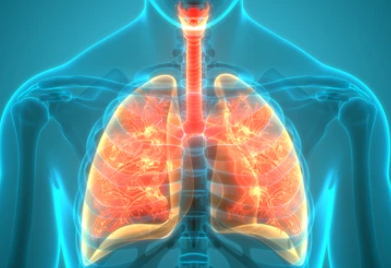In a new study, researchers from St. Jude’s Children’s Research Hospital and Rockefeller University in the United States combined their expertise to gain a better understanding of a protein called cystic fibrosis transmembrane conductance regulator (CFTR). Mutations in CFTR cause cystic fibrosis, a fatal disease that cannot be cured. The relevant research results were published online in the journal Nature, with the title “CFTR function, physiology and pharmacology at single…
Nature
Autoimmunity in Down’s syndrome via cytokines
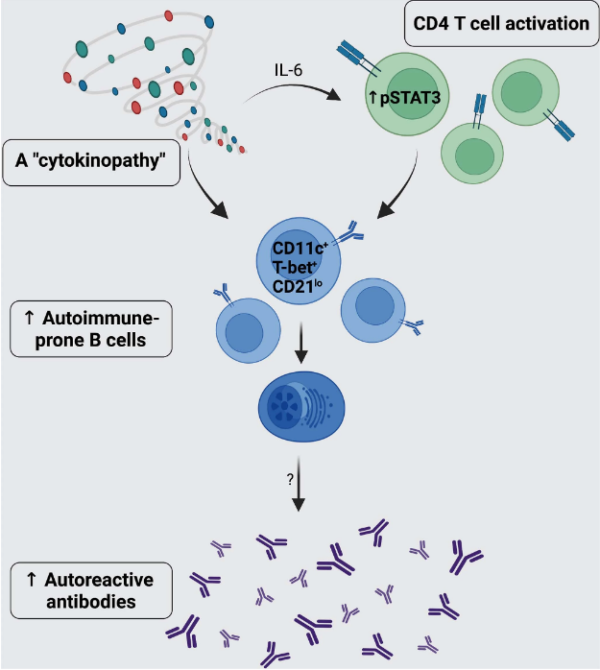
In a new study, researchers from the Icahn Medical College in Mount Sinai, the United States, determined which parts of the immune system of patients with Down’s syndrome had problems, which led to autoimmune diseases. Relevant research results were published online in the journal Nature. This new study complements the findings of these authors published in the journal of Immunity in October 2022, that is, the frequency of viral…
The antiviral APOBEC3 protein actually promotes HIV to enter the latent state
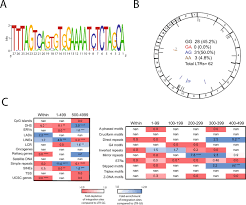
In a new study, researchers described a discovery that violated the rules of the game in this field. Their research results show that a host protein family, which has long been considered as a pure antiviral substance, sometimes helps latent HIV find a safe harbor in patients. Understanding HIV latency at the molecular level is crucial for efforts to eliminate the virus scourge that causes immune deficiency syndrome (AIDS,…
Inhibition of TMEM16 Can Effectively Block the Production of Syncytia Induced by SARS-CoV-2 Infection
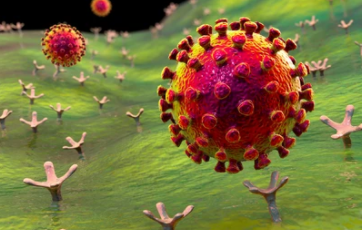
Since the outbreak of COVID-19, it still seriously affects our lives. Therefore, the research on the pathogenesis of COVID19 and the development of related drugs will help to alleviate the epidemic situation and help to make our lives return to normal as soon as possible. Previous studies have shown that COVID19 is a disease with unique characteristics, including pulmonary thrombosis, frequent diarrhea, abnormal activation of inflammatory response and alveolar edema,…
Scientists May Be Able To Turn Off the Key Proteins in Cancer Cells That Depend On for Survival
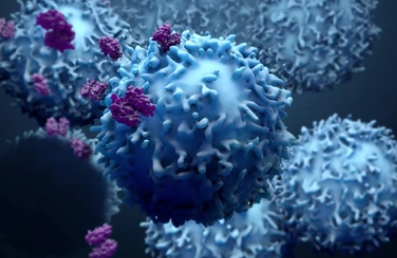
In a research report entitled “Specific inhibition of the Survivin – CRM1 interaction by peptide modified molecular tweezers” published in the journal Nature Communications, scientists from Eisen University in Duisburg and other institutions revealed how to turn off the “survival protein” in cancer cells through research. Proteins can control almost all the key physiological processes in the body cells. If they do not function normally and become more or less,…
“New Partner” of PD-1 Antibody: Fusion of IL-21 Improves Anti-tumor Efficacy
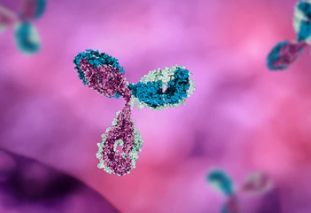
PD-1 inhibitors restore the activity of tumor-responsive CD8 + T cells by eliminating the inhibition induced by PD-1 and PD-L1 interaction. This therapy has brought great changes to cancer treatment, but only a few patients can benefit from this therapy. There is evidence that the lack of effective T cell activation may be one of the reasons. In a study published in nature communications, researchers from the Institute of…
AIM2 Can Regulate the Normal Function of T Cells and Play a Key Role in Reducing Autoimmune Diseases

Many of the molecules in our body help our immune system stay healthy without overreacting to cause problems for our immune cells, such as autoimmune diseases. There’s a molecule called AIM2 that’s part of the innate immune system that fights pathogens and keeps you healthy. However, little is known about the function of AIM2 in T cell adaptive immunity, which is an immune defense against specific pathogens and health problems…
Nat Immunol: Revealing New Mechanisms of Increased Immunity Following Lung Infection
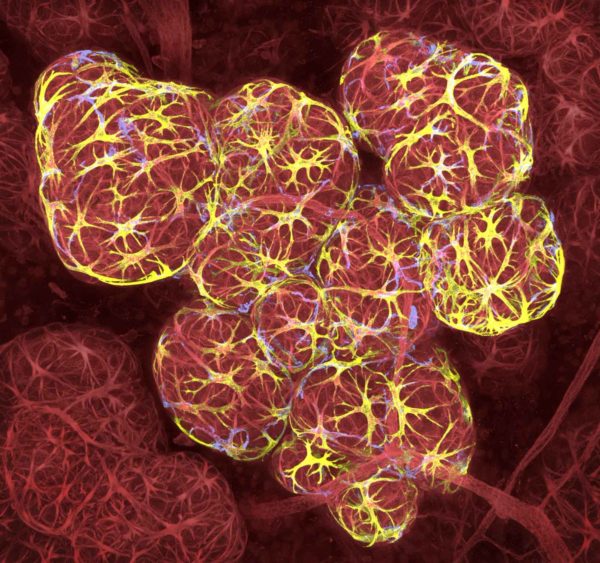
According to a recent study by the Francis Crick Institute, the immune system response to respiratory infections is constantly changing, depending on the history of previous unrelated infections. The body has two kinds of immunity to infection. Adaptive immunity provides an immune “memory” that can respond rapidly and strongly when the same disease occurs more than once. In contrast, innate immunity provides a broad and less specific first line…
New Method to Predict Protein-Environment Interactions

It is well-known that proteins are the cornerstone of life and play a key role in all biological processes. Therefore, understanding how they interact with the environment is critical to developing effective treatments and designing the basis for artificial cells. Recently, the Protein Design and Immune Engineering Laboratory (LPDI) of the Institute of Bioengineering at the Swiss Federal Institute of Technology (EPFL), in collaboration with the Institute of Computational Science…
Key Proteins to Fight Aging Found

In the face of current demographic changes, aging is a serious public health problem: by 2050, the proportion of the global population aged 60 years and over will almost double. Recently, researchers in the Department of Development and Stem Cell Biology of the Pasteur Institute have identified key proteins related to aging and clarified the mechanism of aging, which may help to delay the aging process in humans. Currently,…
